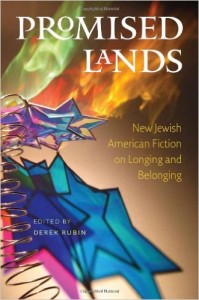As an author who’s done hundreds of readings and signings around the country (and abroad) I’m often asked about books on the best seller list and books in the news. I learned a long time ago to be very careful how I answered those questions. At the beginning of my career, a well-known author had warned me to watch what I said. He’d made an unfortunate remark about one of his peers when he was starting out, and it had hurt him.
So I often turn the question around and ask what my audience member thinks. Usually the response is: “I didn’t like it.” That’s why they asked the question in the first place. They wanted the opportunity to express it publicly, and with an author present; somehow that makes it all more official or permissible–or both.
Everything is Illuminated is one novel I remember many people at various venues saying they found frantic and phony one year when I was out on tour; The Lovely Bones was another book people complained about a different time I was touring. I didn’t like either one for various reasons, but all I said in either case was that the writing didn’t draw me in. That’s the territory I stake out: technique.
Disliking popular and acclaimed books has been on my mind lately, given the rapturous reviews for the movie of Gone Girl, which have pretty much followed the whole reviewing world’s take on the book. Seriously, is there a newspaper in the country that isn’t crazy in love with Gillian Flynn’s novel?
Friends whose opinion I respect have urged me to read it, and I tried more than once. Really. I never got very far. I found the writing off-putting. I tried her other books to be fair, and they didn’t work for me either stylistically.
But this isn’t the first time a universally acclaimed book hasn’t passed my smell test. I reviewed for the Detroit Free Press and other outlets for over a decade and I often found myself at odds with the reviewing consensus.
So If it helps any of you out there who didn’t like Gone Girl, or found it boring, you’re not alone. Take a closer look at the Gone Girl Amazon page. The last time I checked, for the 14,000+ readers there who gave it four or five stars, 7,000 gave it only one, two, or three. You’re not alone, and it’s okay.
Lev Raphael is the author of Assault With a Deadly Lie and 24 other books in genres from memoir to Jane Austen mash-up. You can read about them here.







![[cover]](https://www.levraphael.com/images/cover_mygermany_152.jpg)